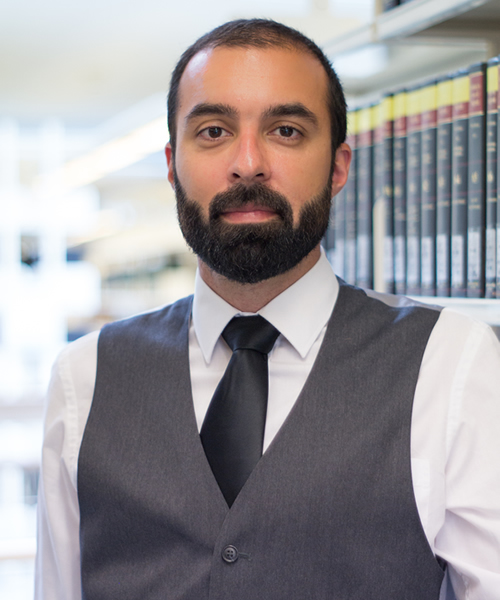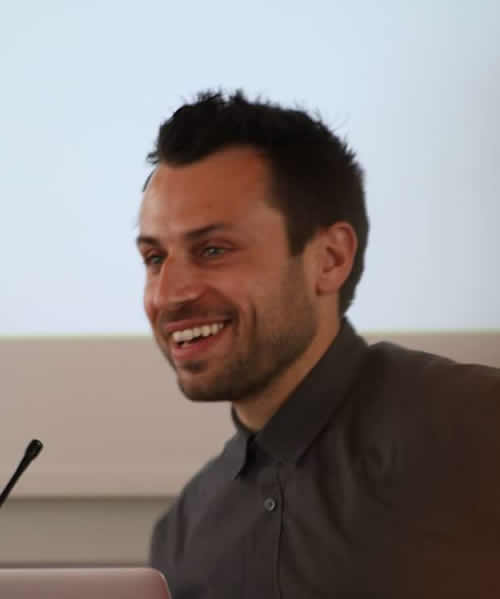Response: When Globalism Outscores Nationalism

Cynthia Schneider
August 6, 2018
Soccer (football outside of the United States) is currently undergoing its quadrennial marquee tournament, the World Cup. The populations of the qualifying countries have been captivated by the competition, with parties and patriotic celebrations marking each team's games. While such patriotism and flag-waving is common year-round in the United States, some nations, especially in Europe, are having a more complicated relationship with this nationalistic fervor. This dynamic has been exacerbated by anti-immigrant positions adopted by political parties across the Western world. It is especially noticeable in the treatment of a country's "foreign" players, who become scapegoats for the team's failings. İlkay Gündoğan and Mesut Özil, both born in Gelsenkirchen, Germany but of Turkish decent, became targets of the rightwing AfD party’s newspaper after the pair were photographed with Turkey's President Recep Tayyip Erdoğan, with Gündoğan referring to Erdoğan as "my president." The paper went as far to say Özil and Gündoğan should be dropped from the squad, and questioned their commitment to the German cause.
This xenophobia is not a recent phenomenon. Belgium's Romelu Lukaku, born in Antwerp, noted a similar dual-identity claim made early in his career: "When things were going well, I was reading newspaper articles and they were calling me Romelu Lukaku, the Belgian striker. When things weren’t going well, they were calling me Romelu Lukaku, the Belgian striker of Congolese descent." For some this has ruined the experience of expressing "too much" pride in one's country; even the notion of a fan displaying a Cross of St. George, England's national flag, has been tainted by association with the far right. This political undercurrent threatens to spoil the enjoyment of the game for everyone.
This week the Berkley Forum asks: How can sports be used to bridge gaps between cultures, religions, or domestic political positions? Given the current political climate, how can individuals express national pride without veering into xenophobia? Are there ways sports federations and governing bodies could better promote solidarity through sport?
Response: When Globalism Outscores Nationalism

Cynthia Schneider
August 6, 2018
Response: A Mirror from the Pitch

Mehmet Osman Gülyesil
July 27, 2018
Response: Vive la France! Vive l’Afrique?

Arnaud Richard
July 27, 2018
Response: Who Do You Cheer for When Your Team Is Out of the World Cup?

Peter Donnelly
July 27, 2018
Response: Norms in Sports: Athletes and Human Dignity

Alex Holznienkemper
July 20, 2018